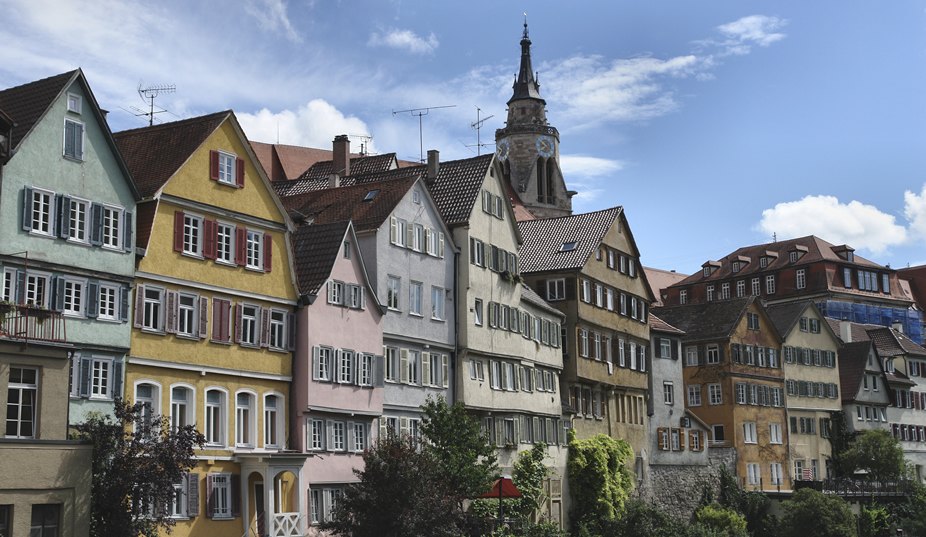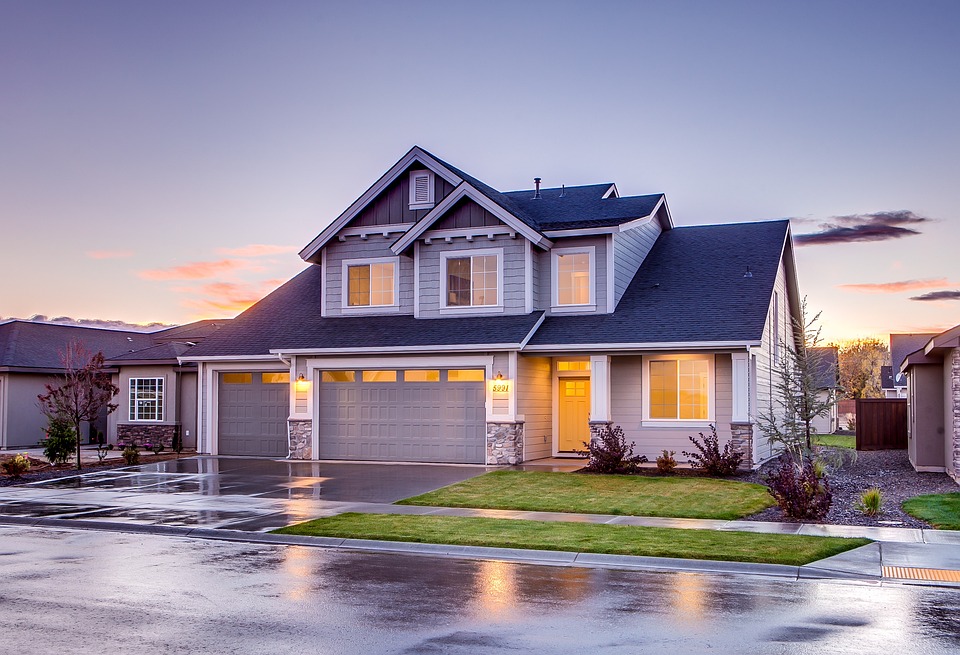Germany, known for its rich history, robust economy, and cultural diversity, has emerged as a prominent destination for real estate investment. As the country continues to attract global attention, understanding the dynamics of the German real estate market becomes crucial for investors seeking lucrative opportunities. In this comprehensive guide, we will explore the key factors, trends, and opportunities that define the real estate landscape in Germany.
Market Overview:
The German real estate market is characterized by stability, transparency, and a steady upward trajectory. The country’s strong economy, low unemployment rates, and a well-established legal framework make it an attractive destination for both domestic and international investors. Cities like Berlin, Munich, Hamburg, and Frankfurt have witnessed significant growth in property values, driven by factors such as urbanization, job opportunities, and a high quality of life.
Trends Shaping the Market:
- Urbanization and Population Growth: Germany’s urban centers are experiencing a steady influx of people, driving demand for housing and commercial spaces. The trend towards urbanization is fueled by the availability of jobs, educational institutions, and cultural amenities in major cities.
- Sustainability and Energy Efficiency: As environmental consciousness grows, there is an increasing focus on sustainable and energy-efficient real estate. Green building practices and eco-friendly features are becoming key considerations for developers and investors alike.
- Technology and Smart Cities: Germany is embracing smart city initiatives, integrating technology to enhance urban living. Smart homes, intelligent infrastructure, and digital connectivity are influencing property development, providing modern solutions for residents and businesses.
Opportunities for International Buyers:
- Residential Real Estate: The residential market in Germany offers diverse options, from apartments in city centers to suburban homes. International buyers can capitalize on the growing demand for rental properties, especially in major cities with thriving job markets.
- Commercial Real Estate: The commercial real estate sector, including office spaces, retail properties, and industrial units, presents opportunities for investors seeking stable returns. The well-developed infrastructure and strategic location of Germany make it a hub for businesses and investors alike.
- Student Housing: With a significant number of international students, there is a rising demand for student accommodation. Investing in purpose-built student housing can be a lucrative niche for those looking for niche opportunities within the real estate market.
Legal Considerations:
Navigating the German real estate market requires an understanding of legal considerations. Foreign investors must comply with regulations related to property ownership, taxes, and financing. Engaging with local legal experts can help ensure a smooth and compliant investment process.
Investing in German real estate offers a promising avenue for international buyers seeking stability and potential returns. As the market evolves with urbanization, sustainability, and technological advancements, staying informed about trends and opportunities is essential. With its strong economic fundamentals and transparent legal system, Germany continues to be a beacon for real estate investors looking to diversify their portfolios.
In summary, the German real estate market is not just about buying properties; it’s about strategically positioning oneself in a dynamic and evolving landscape that promises long-term growth and stability. As the world looks towards sustainable and technologically advanced living, Germany stands as a prime destination for those seeking to make informed and lucrative real estate investments.




